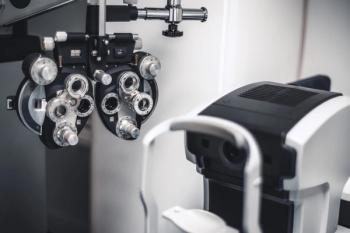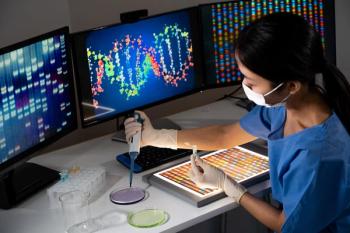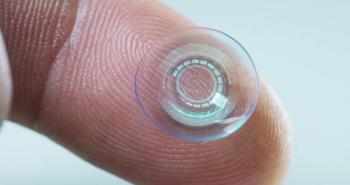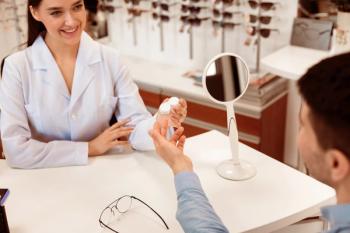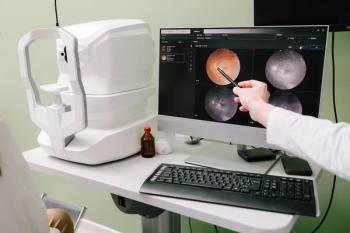
Are you a real doctor?
I have been an independent doctor of optometry leasing space next to a Walmart location for the past 18 years. So let’s cut to the chase-yes, I have been asked, “Are you a real doctor?”
I have been an independent doctor of optometry leasing space next to a Walmart location for the past 18 years. So let’s cut to the chase-yes, I have been asked, “Are you a real doctor?” If we are being completely honest with ourselves, I suspect that our non-corporate-affiliated colleagues have also been asked the same question.
My typical first reaction is to become defensive; after all, I have spent four years in college and an additional four years in optometry school-not to mention accumulating a sizeable amount of debt-to obtain my doctorate. This discussion can become uncomfortable and build animosity toward the person asking what to me is an inane question.
The reason behind the question
Why would a patient pose this question in the first place? Instead of becoming defensive, I try to consider the vulnerability the patient may be feeling. I think that in many cases, the question is derived from the fear the patient is feeling and his natural reaction to ease those fears. The fears are most likely caused by an eye problem of which the patient has very little understanding of. Let’s face it; the average person has a very difficult time differentiating and remembering the differences among an optician, an optometrist, and an ophthalmologist.
I found myself in a similar situation last year. When I started my car, the exhaust was a thick dark cloud of smoke. Surely, I thought, something was seriously wrong with my vehicle. I was afraid for my safety given the ominous cloud of smoke rising from inside my engine. Since I really don’t know much about the mechanics of a car engine, I decided to take the vehicle to an experienced mechanic. I specifically queried the mechanic about his credentials in automotive maintenance and what training he had completed to ensure he was qualified. I think most of our patients feel the same. Patients are concerned about getting an experienced doctor to ensure that the doctor is qualified to handle their eyecare needs.
Related:
How to respond
So, how should you respond to this question? My advice is simple-be honest! I wouldn’t go into a long dialogue about the work and training you have completed to earn your degree, nor would I enter into a long dissertation on what your license allows you to do in your specific state. Instead, just simply say, “Yes, I am a doctor of optometry.” You might be pleasantly surprised that this is sufficient. Don’t feel offended or be hurt. Most of all, don’t take it personally. After all, remember that the patient is not questioning your professional qualifications. Most likely he is trying to ease his fears and reassure himself that you are qualified to take care of his vision needs, no matter what those needs may be. The patient needs to be assured that he is surrendering control of one of his most precious assets to a qualified individual.
Related:
My advice is to check your ego at the door. Ultimately, if your patient is asking you this question in person, she already has some amount of trust in you to have come to your office. Show her that you are a capable and caring doctor. Give her excellent care, and she will come back and tell all her friends about the “doctor” who examined her.
In case you were wondering, a “doctor” by definition is one who holds a doctorate, not a profession or occupation. The public may think in error that an MD is the only “true” doctor out there. The truth is that anyone who holds a professional or honorary doctorate (PhD/DPhil/EdD/DEd/Doctorate of Humane Letters, etc.) is a “doctor.”Colloquialization of this word occurred as a long-term drift over the course of the history in the English language.
For today, you are a doctor if you hold a license and accept the responsibility that comes with this awesome career choice.
Newsletter
Want more insights like this? Subscribe to Optometry Times and get clinical pearls and practice tips delivered straight to your inbox.


